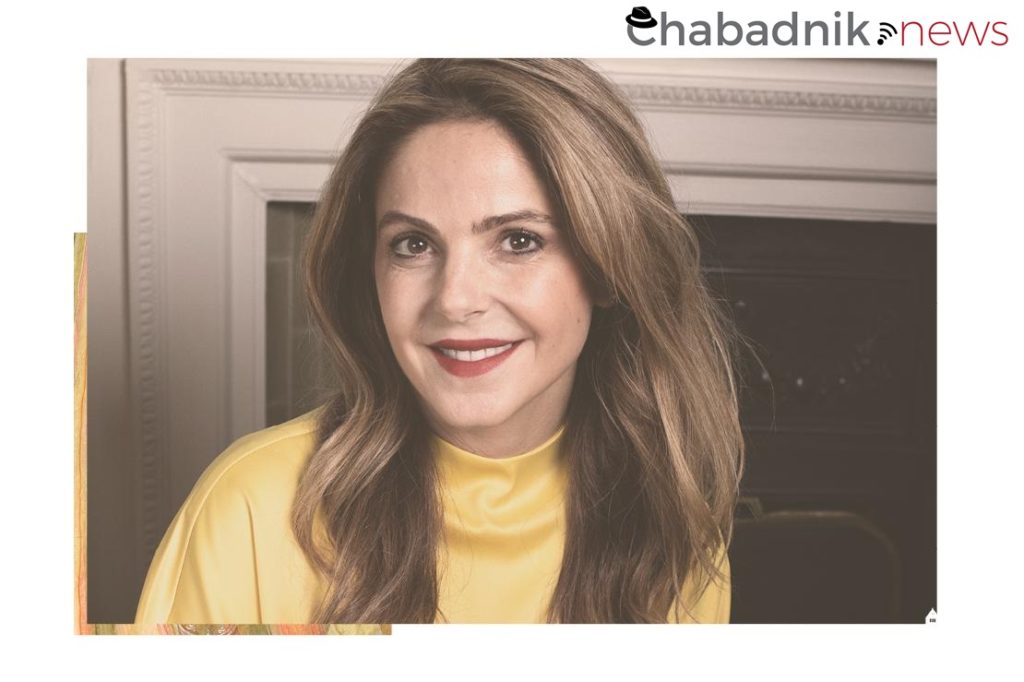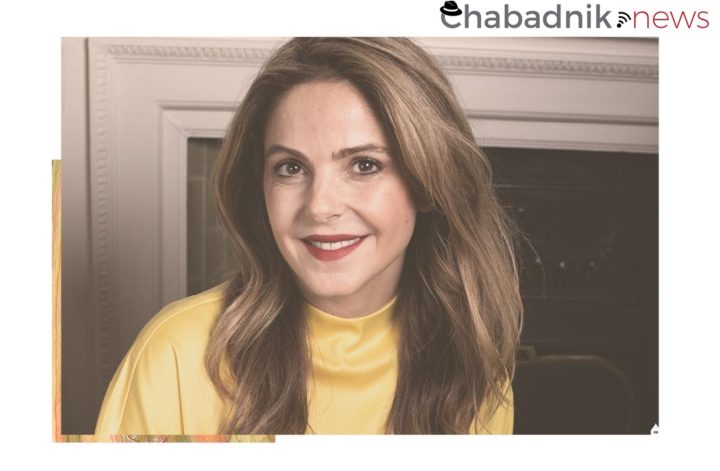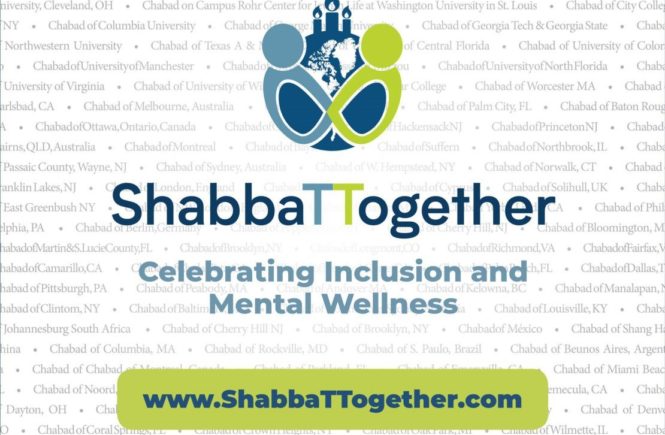
“My zaidy called it ‘di heiliger Shabbos’ (the holy Shabbos); my father called it the Shabbos; I call it ‘the Sabbath,’ my children call it ‘Saturday,’ and my grandchildren call it ‘the day before Super Bowl Sunday’.”
This pithy anecdote describes a tragic trend among Jews who came over from the Old World and failed, for whatever reason, to transmit di heiliger Shabbos to the younger generation. It tells of its disappearance not only from the lived experience — but also from the lexicon — of Jews who have assimilated into secular culture.
But Shabbos is embedded in the Jewish soul. Some people hold on to it at all costs, while others come back to it after generations of nearly losing it. These are the personal Shabbos stories of an eclectic group of influential personalities.
Part 6/7
Michal Oshman
I was born in Israel, in a secular Jewish household. I was raised “culturally Jewish,” respectful of our heritage without much practice of our traditions. We never did kiddush. Someone gave me a set of Shabbat candles, but I had mixed feelings about it. Friday nights were my night out with my husband, Yair, and I had no awareness of or personal connection to the holy day of Shabbat. But I felt a lot of darkness in my heart, and the theme of light resonated with me.
So one of those Friday nights when I came home with my husband, I lit the candles in the kitchen at one o’clock in the morning and just sat there and watched the candles for about an hour. On the following Friday, I had this urge to buy Shabbat candles, and I lit them whenever. On the fourth or fifth Friday afternoon, I decided to google hadlakat neirot shabbat — Shabbat candle lighting, and I was fascinated to learn that this practice was traced back through generations, connecting me to my maternal ancestors. So this time, with my nine-year-old daughter at my side, I lit Shabbat candles on time and said the blessing. And I just couldn’t stop crying. My little girl was worried. They were tears of joy, I told her.
It’s not that I had an epiphany. I didn’t. But I started reading about Shabbat, and slowly started introducing its beautiful, detoxing energy into our home. I fell in love with the idea of being awake without a tablet or an iPhone in my hand, and feeling more connected than ever.
At first we did kiddush, and although I wanted to introduce more Shabbat practices more quickly than my husband, we paced it step by step. I did this not in any pressured way — people think that it’s either all or nothing, and that’s not true.

Each week, we planned what we wanted to introduce to the kids. We considered how the week’s Torah reading connected to our everyday life, even to the banal things. For the first year, I was the one who brought these ideas to the table, and they would result in great conversations. Eventually, everyone began to plan for Shabbat. In this way, it became a shared family experience.
I started keeping Shabbat at the same time that I began working at Facebook. On my first day at work, my manager asked me, “Michal, what do you care about?” I was taken by surprise. No manager had ever asked this before, and I said, “Being a mother, being Israeli, and being Jewish.” This opened a conversation, and my manager wanted to know more about Judaism. So I told him a few things, including the custom of Jewish women lighting Shabbat candles. And that Friday, and for the next five years, he sent me the same text message every single Friday without fail: “Shabbat Shalom!”
I think the fact that I felt proud and joyful about it made a difference. My manager could see that being Jewish is who I am, and therefore celebrating Shabbat is celebrating my identity. Of course, this meant that I would sometimes miss company events; eventually my team became more attentive to and accommodating of my observance of Shabbat and the Jewish holidays.
Eight years later, you might say that I keep Shabbat, but actually, it’s Shabbat that keeps me. It keeps me grounded and connected. It’s a gift of twenty-five hours that keeps me going. Three days before it begins, I start to look forward to Shabbat, to the time when I have my deepest conversations with the people closest to me. It is a kind of rare, endless time. And it is gold.
Michal Oshman is Head of Company Culture, Diversity & Inclusion, and Employer Branding at TikTok Europe, and was formerly responsible for international leadership and team development at Facebook. Michal is the author of the new, Jewish life bestseller: What Would You Do If You Weren’t Afraid? Discover a Life Filled with Purpose and Joy Through the Secrets of Jewish Wisdom. She lives with her husband and their four children in London, UK.
Source: https://www.lubavitch.com/michal-oshman-golden-time/




